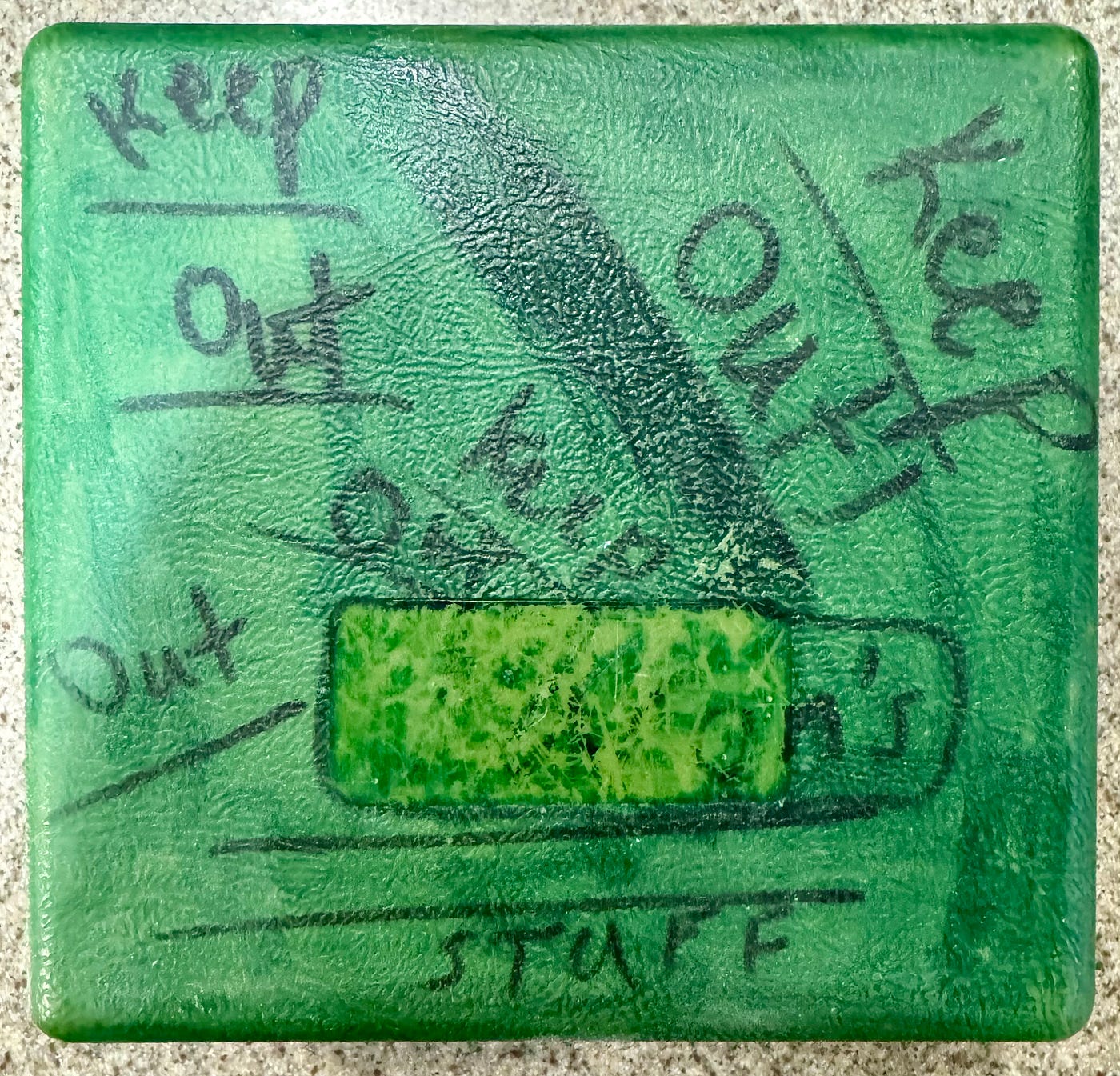“I used to take care of my daughter, now my daughter takes care of me.”
A dear, old friend used to say that to me often during the eight or so years I had the privilege of knowing her. For as long as I knew her, she had short-term memory problems. She preferred watching familiar shows like the Andy Griffith Show over anything modern, and she never met a cookie she didn’t like.
She passed away recently at the age of 96. Until only a few months prior to her passing, her health was good enough that she would get out and interact with people, even if she couldn’t remember who people were.
Sadness always accompanies death, but when someone lives such a long life, funerals are more a celebration of life and time to catch up with people you haven’t seen in a long time than a time to mourn.
My friend was born in 1927. She worked as a secretary to 14 different commanding officers at the Tooele¹ Army Depot. She also loved volunteering and spent years serving on the board of the Tooele Nursing Home. She often took her daughters with her. I’ve had the great pleasure of knowing one of her daughters for more than 20 years and am eyewitness to the goodness that my dear friend instilled in her children. I didn’t know my friend during her healthiest years, but I am sure her daughter’s tireless service to others is a reflection of her mother.
There’s nothing unique or original to the notion that we all come into this world completely helpless. When our time comes to die, there’s nothing a person can do to will themselves to continue living forever. While death is harder to accept than birth, in the balance they are the inseparable bookends of mortality, and it’s what happens between those bookends that really matters.
Across the world, but especially in Western society, there’s an overwhelming pressure to monetize the time we have. Even for people who have jobs where they make gobs of money, there’s this idea that if you have time available, it should be used to generate alternate sources of income for the sake of financial independence or security.
While it’s true that having enough money in the right kinds of investment vehicles can help prevent financial hardship, a poignant reminder from every deceased billionaire is that even having more money than you could ever spend can’t buy immortality (yet).
I’m a believer that work is a virtuous thing. I think our current structure puts way too much value on certain jobs and not nearly enough value on others, but that’s a conversation for another day.
Regardless of the vocation, it’s often the case that our excess daily work activities get in the way of nurturing relationships with family, friends, and others in our circle of influence.
Most of us are aware that one of the greatest death-bed regrets is that of working too much and spending too little time with people they loved. Paradoxically, we fall into the same trap anyway.
Get up → Work to hard → Consume too much → Repeat.
The antidote to this problem lives in a simple metaphor on the things that matter most in life attributed to Ram Dass (aka Richard Alpert) who was a spiritual leader who taught on mindfulness and personal growth.
“We are all just walking each other home.”
We all know that life is a journey filled with joyful twists and painful turns. We stumble and fall. We get up and try again. We triumph. We mourn. Through it all, we are almost never alone. We often walk beside — sometimes hand in hand — people who lift us up, who share our burdens, and who illuminate the path when it seems too dark to see on our own.
When you stop to think about it, there’s something profound about the impact we have on each other, for good and bad.
In the end, when we reach our final destination, we realize that the beauty of life is in the journey we shared, the love we gave, and the lives we touched. Life culminates in a celebration of the experiences we’ve had, and the way in which we’ve touched each other’s lives for good.
¹ I’m not sure English pronunciation guides can explain this one. That word is pronounced two ill uh. It may have origins in a Goshute word meaning “bear.”

